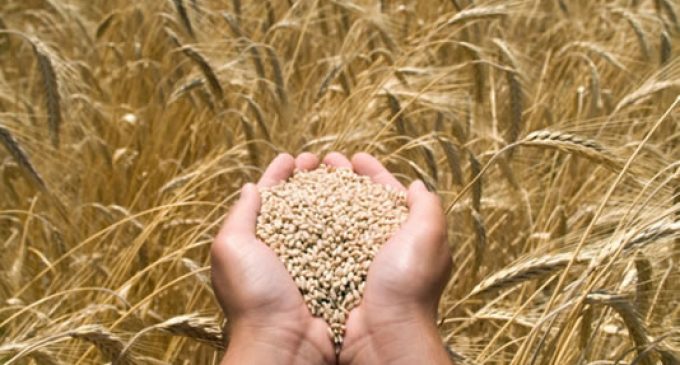Let’s not search for the perfect ‘miracle’ gluten-free substitute: Real Bread Campaign

Understanding why consumers have adverse reactions to certain types of bread should be researched, instead of searching for some miracle gluten-free replacement, says The Real Bread Campaign.
Globally, the number of people with celiac disease or gluten intolerance is rising, with an estimated average of 1 in 100 people living with celiac disease and many more undiagnosed.
In light of this there has been a huge wave of academic research into the gluten properties on a number of alternative grains including sorghum, millet and amaranth to establish their suitability for gluten-free breads.
However, campaign coordinator at The Real Bread Campaign Chris Young, said there needs to be less of this type of research and more on learning about what characteristics of wheat and grains trigger allergic responses in celiacs and why.
“Rather than seeking a replacement for modern bread wheat or the thus-far elusive perfect gluten substitute, the Real Bread Campaign’s interest lies in why there appears to be a growing surge in people reporting difficulty in eating loaves made with a wheat or other gluten-containing cereals,” Young told BakeryandSnacks.com.
“Surely investment into finding the cause or causes of the increase in reported problems and then natural solutions to them would be more valuable for all bakers and bread lovers, than investment in finding some ‘miracle’ reliant on a patentable and/or ‘premium’ free-from solution,” he said.
Questions need to be answered
“As a race are we genuinely becoming more sensitive to modern wheat? Have many of the reported issues been self-diagnosed incorrectly? Or have one or more of the changes that have occurred to links in the seed to sandwich chain led to a rise in genuine cases of negative reactions to modern loaves?” Young asked, stating that these are the types of questions that research must address.
He said research must investigate if agrochemicals used on wheat alter the structure and level of proteins that can trigger allergic responses and whether years of breeding wheat for yield and gluten strength has actually generated other mutations triggering celiac responses.
Perhaps longer fermentation processes could enable more consumers to eat modern loaves or use of sourdough, he said.
“There has been a limited number of small studies in all of these areas but as yet not enough evidence has been gathered to rule any of them in or out,” Young said.
If investigations lead to answers; “that could result in many more people finding they can eat wheat loaves again”, he added.
Gluten research
A host of research published on BakeryandSnacks.com has addressed a number of these broader issues surrounding gluten-free, including the impact of wheat breeding , measuring gluten sensitivity and use of sour dough .
Young warned that in the meantime, industry must take great care in labeling and marketing gluten-free products, “particularly those made with ‘heritage’ or ‘ancient’ grains that are in fact types of wheat, or at least contain proteins that can trigger allergies, food intolerances or the celiac response”.


































